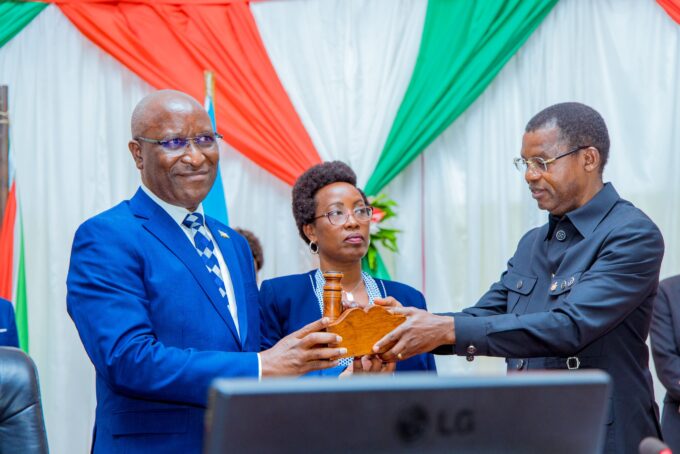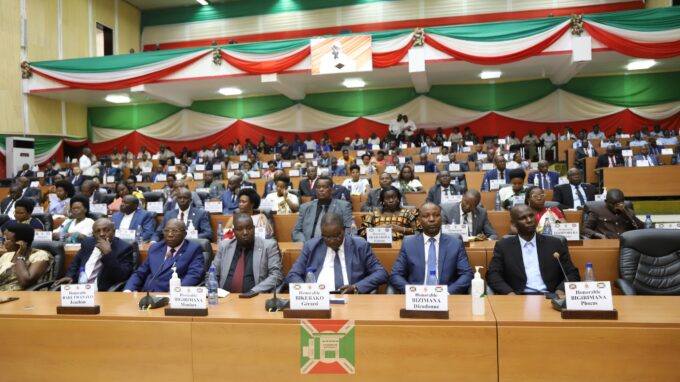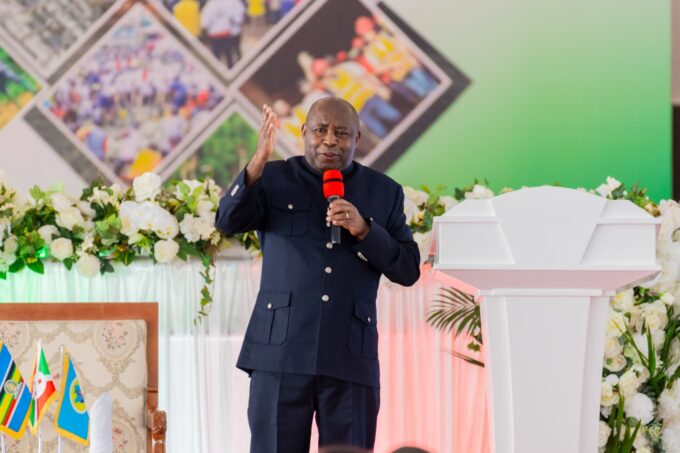On International Human Rights Day, celebrated globally on December 10, the state of human rights in Burundi remains a subject of debate. While the National Independent Commission for Human Rights (CNIDH) acknowledges progress in human rights, it has also denounced certain violations, particularly concerning women.
Anaclet Nzohabonayo, deputy chairman of CNIDH, highlighted the overall security in the country, noting that people continue with their daily activities, with recent actions like the presidential pardon seen as positive. However, Nzohabonayo also pointed out troubling instances of human rights violations, particularly ongoing violence against women, especially in prisons. He emphasized that during the “16 Days of Activism” against gender-based violence, alarming reports from various provinces revealed an unacceptable number of cases of sexual violence against women.
“During inspections carried out in various prisons, cases of rape against women are evident, and the number of women who are victims of this is not to be overlooked,” Nzohabonayo said.
In contrast, the Association for the Fight against Unemployment and Torture (ALUCHOTO) criticized the state of human rights in the country, giving it a dismal 30% rating. They pointed to the misuse of power, with many prisoners remaining incarcerated despite having served their sentences. “We see that there are still people who misuse their power to violate rights. There are individuals who still languish in prisons even though they have served their sentence. Why is that?” said Vianney Ndayisaba, the group’s national coordinator.
In a statement, CNIDH has urged the government to take all necessary measures to continue reducing the prison population.
On the other hand, the PISC-Burundi (Comprehensive Civil Society Platform) defended the current state of human rights, claiming a satisfactory level of respect. Spokesperson Hamza Vénant Burikukiye referred to various presidential initiatives aimed at upholding human rights, including visits by President Evariste Ndayishimiye to courts and tribunals to address judicial misconduct.
Meanwhile, the National Observatory for the Fight Against Transnational Crime (ONLCT) raised concerns over the mistreatment of Burundian workers in Tanzania. Legal representative Prime Mbarubukeye condemned Tanzania’s actions, including the confiscation of belongings, threats, and torture. He called for dialogue between the two countries to ensure the protection of Burundian rights.








Leave a comment